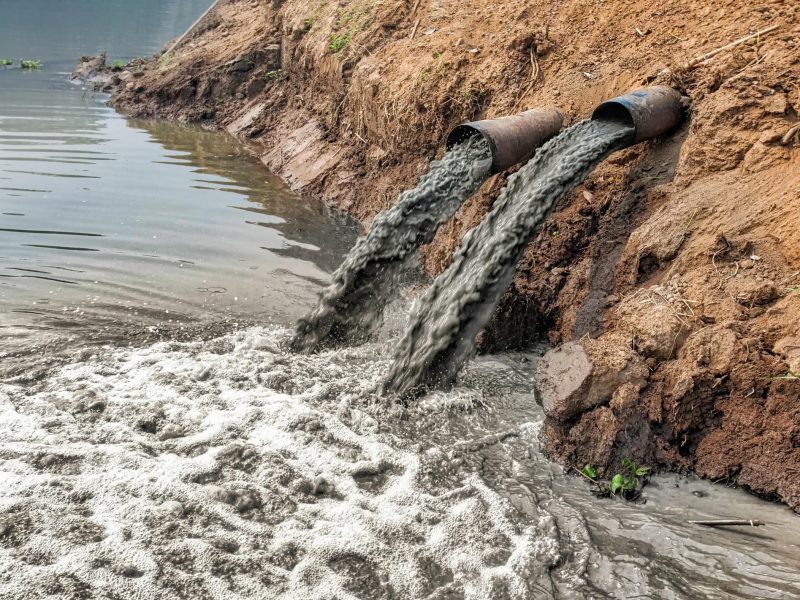Pollution: A Critical Examination
What is pollution? Pollution is the presence of harmful substances in the environment, causing adverse changes. These substances, or pollutants, can be chemical, physical, or biological. The sources are vast and varied, impacting air, water, and …



